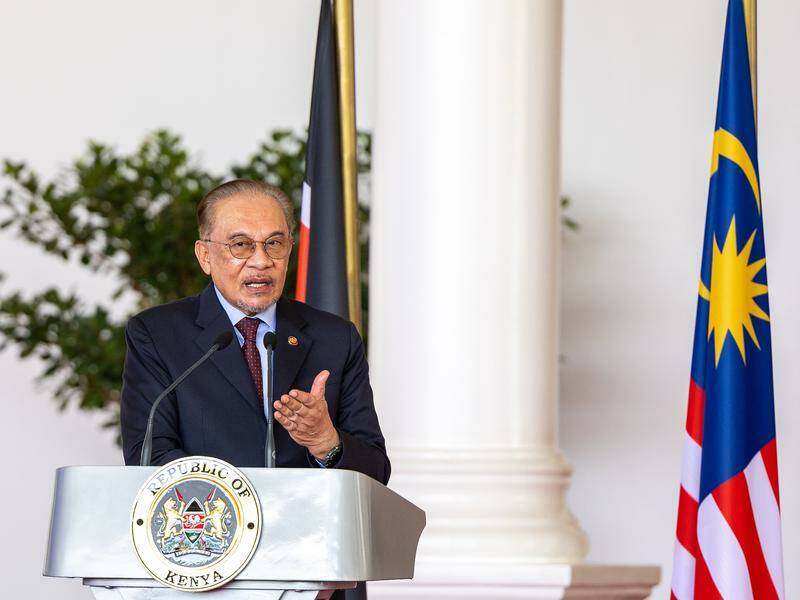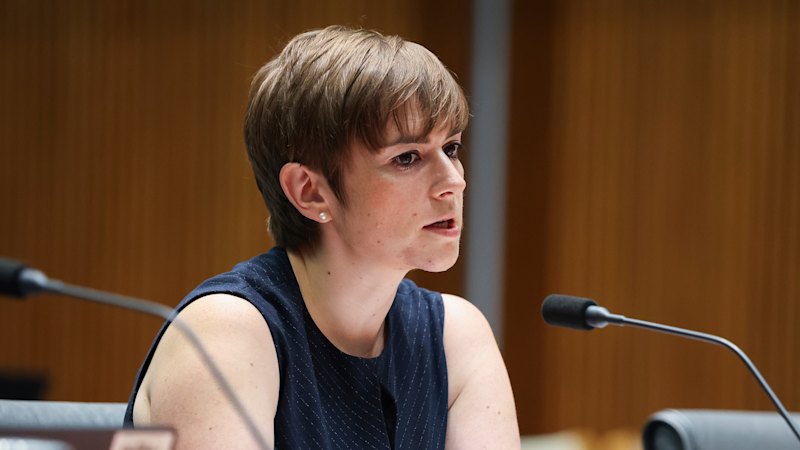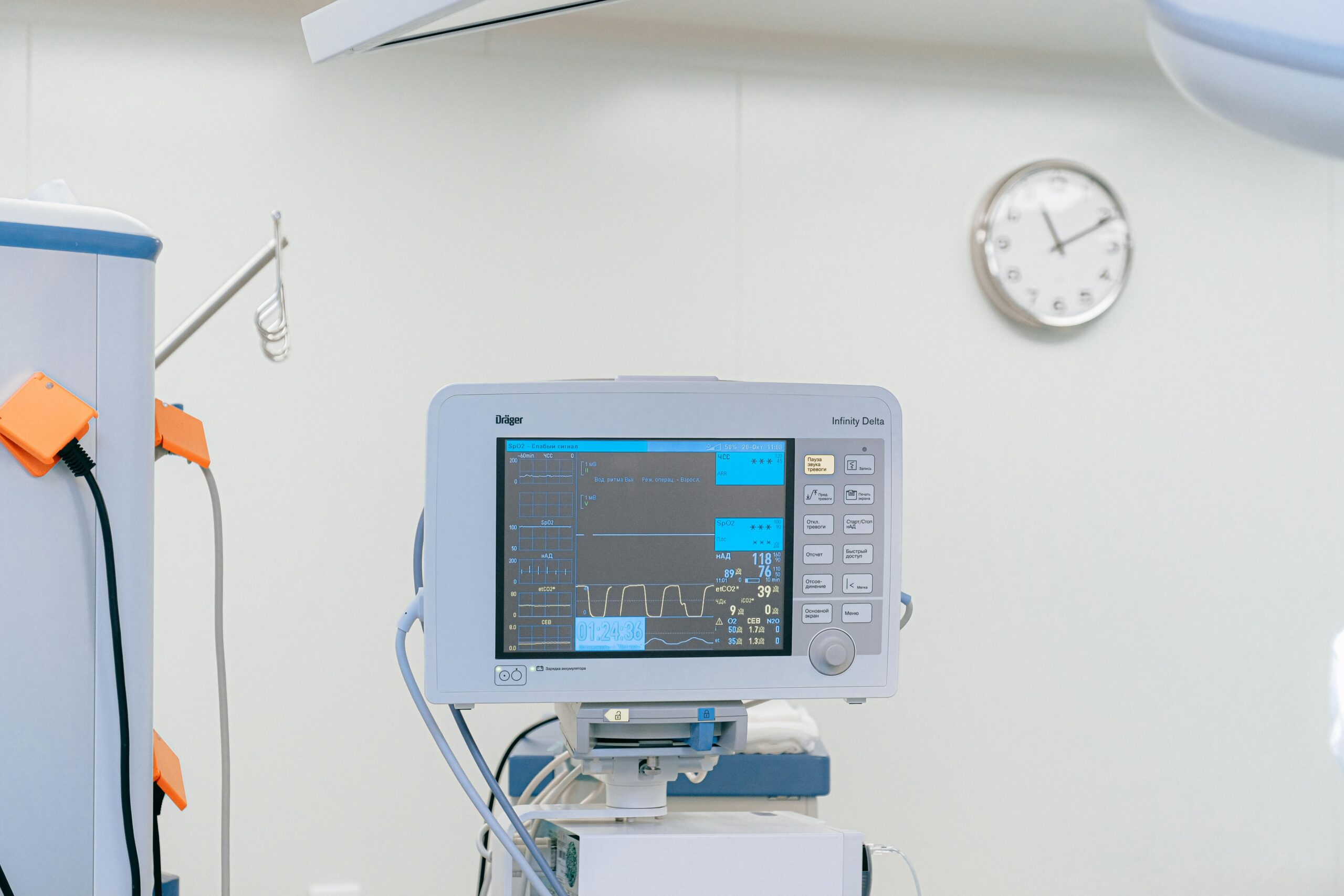
Australians may face significant challenges in accessing essential medicines due to a new drug pricing initiative announced by Donald Trump. The U.S. President signed an executive order in May 2023, mandating American pharmaceutical manufacturers to lower their prices by September 29, 2023 (U.S. time). The order stipulates that if voluntary compliance does not yield sufficient progress, the Trump administration could propose a rule to enforce “most-favoured pricing.” This pricing strategy aims to align U.S. drug prices with those in other countries, potentially impacting international access to vital medications.
Concerns about the repercussions of this plan for Australian patients were articulated by Elizabeth de Somer, chief executive of Pharmaceuticals Australia. She described the pricing initiative as “concerning,” pointing out that it could lead to reduced availability of American pharmaceuticals in Australia. “If the U.S. decided to benchmark their prices to Australia, that would have a big impact because Australian companies and multinational companies would not bring their products to Australia if it was going to impact their ability to sell them in the U.S.,” de Somer explained.
The implications of this pricing policy extend beyond just availability. De Somer highlighted that Australians might experience delays in accessing newer, potentially “life-changing” treatments, particularly in oncology. “Companies are already making decisions to delay launching new medicines,” she said. “It’s really those new medicines … that may be life-changing and life-saving for Australians that may get delayed coming here, whilst companies navigate the U.S. environment before they bring them to Australia.” She specifically noted that some new cancer medications could be postponed due to these changes.
In a related announcement, Trump declared plans to impose a 100 percent tariff on branded or patented pharmaceutical imports starting on October 26, 2023, unless the importing company establishes a manufacturing facility in the U.S. Pharmaceuticals represent one of Australia’s largest exports to the U.S., valued at approximately $2.2 billion annually. While de Somer acknowledged that tariffs could negatively affect U.S. consumers by increasing drug prices domestically, she argued that the pricing proposal poses a greater risk to Australian patients. “Tariffs would have a detrimental impact on U.S. consumers’ access to medicines, because it would probably put the price of medicines in the U.S. up,” she stated. “But Australians may miss out on new medicines and not get them at all if the reference pricing policy was implemented.”
Amid these developments, Australian Prime Minister Anthony Albanese is scheduled to meet with Trump on October 20, 2023, during his attendance at the United Nations General Assembly. De Somer expressed optimism that the Prime Minister would advocate for free and fair trade during this crucial discussion. “We believe in free, fair, and open trade. We don’t believe in tariffs … I’m sure that the Prime Minister will put that position to the President when he’s in the U.S.,” she remarked.
As this situation unfolds, the potential consequences for both Australian patients and the pharmaceutical landscape remain a pressing concern, warranting close attention from stakeholders in both countries.







